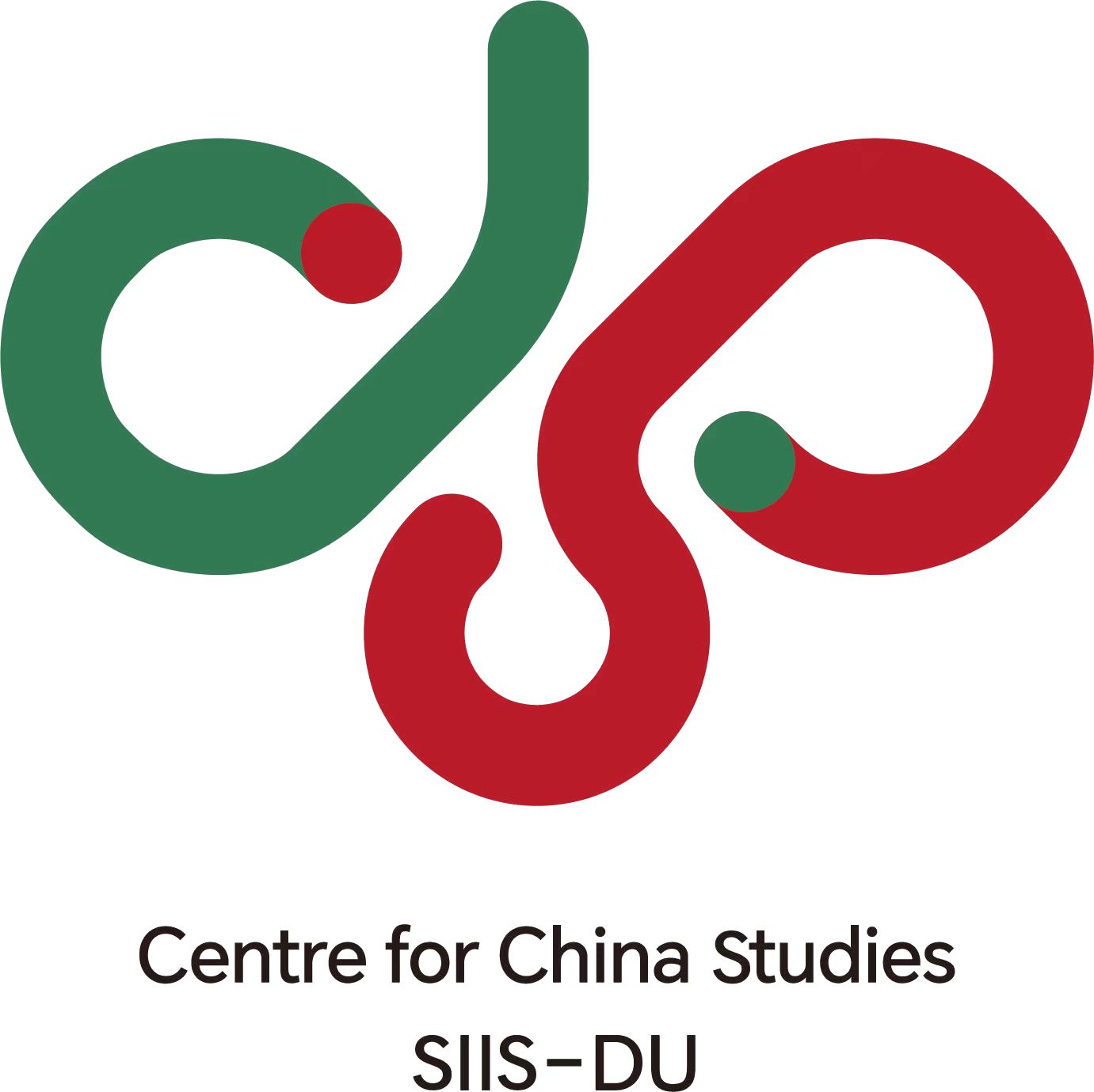
In an effort to improve China-Bangladesh relations, explore potentials for future cooperation, and facilitate the construction of a China-Bangladesh community of shared future, the Academic Board of the CCS is pleased to announce the call for project proposals, inviting project proposals from Bangladeshi individuals or organizations.
The proposal will fall into four research areas. CCS will select four research projects for funding (one for each research category). These include:
1. China-Bangladesh Bilateral Relations (e.g., the impact of political parties, politics, diplomacy, and other factors on the bilateral relations of the two countries)
2. China and Bangladesh Economic and Trade Cooperation (e.g., exploration and identification of new growth areas of trade and economic cooperation)
3. Common Challenges: (e.g., research on the shared challenges that China and Bangladesh are facing, with the goal of proposing feasible cooperative governance initiatives in areas such as climate change, environmental protection, urban governance, cyber security, and financial security.)
4. China-Bangladesh Cooperation in Regional and International Affairs: (e.g., the progress and potential for collaboration in terms of regional and global mechanisms).
Requirements:
• The applicants must apply through the prescribed research proposal form. The proposed topic must align with the announced categories, identify the research problems, maintain disciplinary standards, adopt a rigorous and scientific academic attitude, and emphasize specifications and data source authority.
• Applicants must be capable of independently conducting and organizing research, undertaking substantial research, upholding ethical conduct, and maintaining academic integrity. We encourage researchers to form research groups and submit joint applications.
• Project applicants shall submit at least one publicly published research paper closely related to the project (over 6,000 words in English) and a research report related to the project(30000 words in English). We encourage applicants to publish a popular version of the report in public media. To ensure academic research originality, we strictly prohibit the use of existing research results as project deliverables.
• The project will follow the steps outlined below:
o CFP announcement: The second week of July
o The submission of project proposals by applicants: July 25, 2024
o Project evaluation
o Announcement of approved projects: August 5, 2024
o The CCS academic board will review the research phase, mid-term research reporting, project conclusion deliverables, final project conclusion evaluation, and the project conclusion itself.
o Final Report Submission: December 31, 2024
• Project Funds and Requirements for Disbursement: Each approved project will receive a total funding of RMB 50,000, distributed in three installments: 30% upon project approval, 40% after mid-term project reporting, and the remaining 30% after the project passes the conclusion evaluation.
• Applicants must first have Bangladeshi nationality and hold the title of Associate Professor or higher (or equivalent academic qualifications) awarded by Bangladeshi universities or scientific research institutions; second, they must be experts in the field of the proposed project and possess sound and well-founded preliminary research results; and third, they must work in Bangladeshi universities, think tanks, or other formally established research institutions approved by the Bangladeshi government.
• Applicants must comply with the constitutions and laws of the People's Republic of China and Bangladesh, as well as the regulations of the CCS Academic Board.
• The CCS holds the right to use the deliverables of the projects.
Contact Info:
Submission email: centreforchinastudies31@gmail.com
Mobile:01725477204
The Address of CCS: Room 4018, Arts Faculty, University of Dhaka
Prof. Dr. Chen Dongxiao,
President, Shanghai Institite for International Studies
Chairman of the Academic Board of the Center for China Studies
Prof. Dr. A. S. M. Maksud Kamal,
Vice Chancellor, University of Dhaka